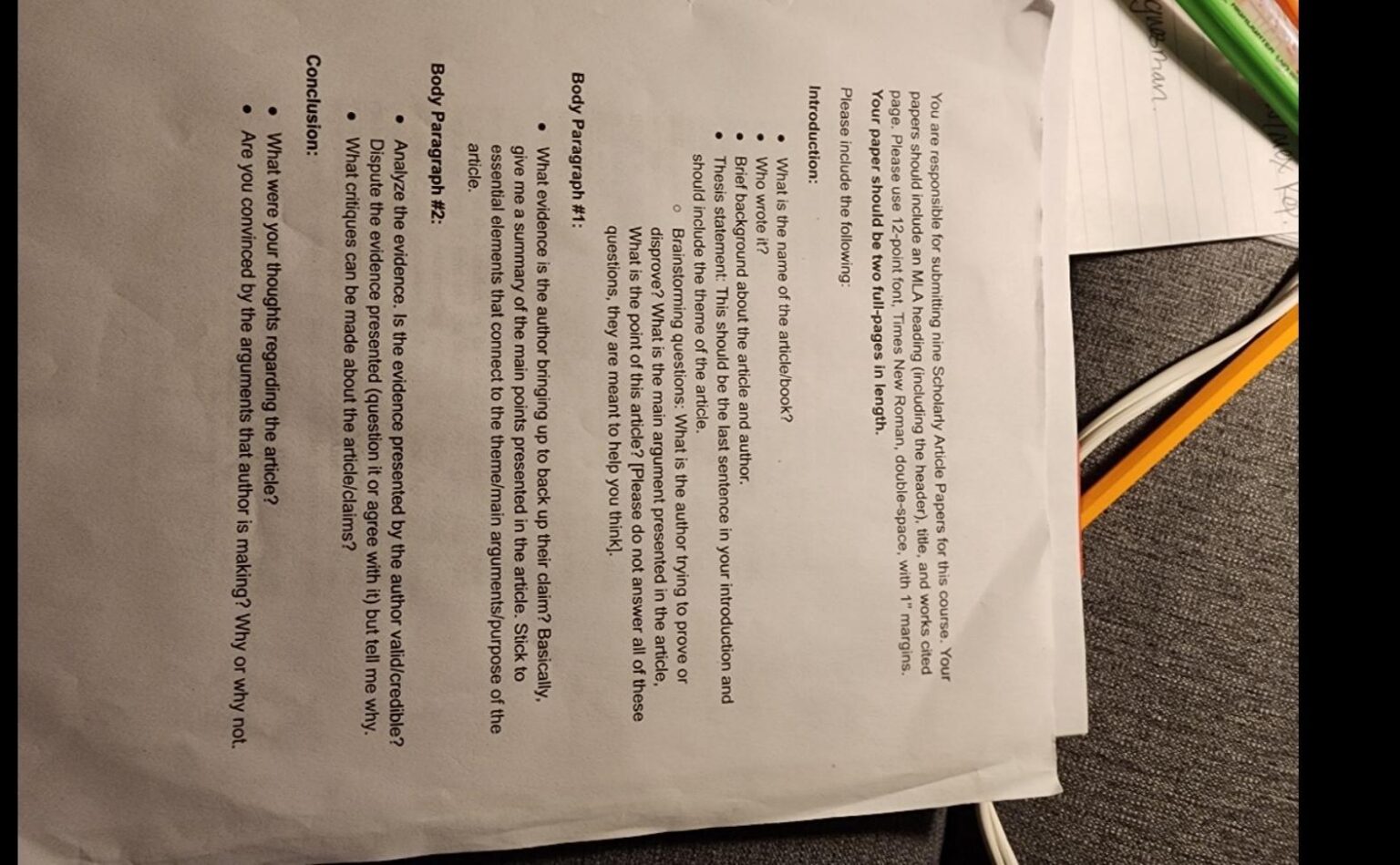In a significant move aimed at restoring public confidence in law enforcement, Mozambique’s President Daniel Chapo has dismissed the country’s police chief, Bernadino Rafael, amid escalating concerns over human rights abuses within the police force. The decision, coming amidst growing scrutiny from civil society and international observers, reflects Chapo’s commitment to address allegations of misconduct and excessive use of force that have marred the reputation of Mozambique’s police in recent years. As calls for accountability grow louder, this shake-up at the top of the police hierarchy signals a potential turning point in the governance of law enforcement in the country. This article provides insights into the circumstances surrounding Rafael’s dismissal and the broader implications for Mozambique’s political landscape and community trust in public institutions.
Mozambique’s President Acts: Dismissal of Police Chief Highlights Calls for Accountability
The recent dismissal of the police chief, Bernadino Rafael, by President Daniel Chapo underscores a pivotal moment in Mozambique’s quest for accountability within law enforcement. Accusations against Rafael had been mounting, primarily concerning allegations of abuse and excessive force employed by officers under his command. This decision has resonated with the public, who have long been calling for reforms aimed at ensuring that law enforcement operates with integrity and respect for human rights. The removal signals a willingness from the highest levels of government to confront systemic issues and hold officials accountable for their actions.
Following Rafael’s ousting, various civil society organizations have expressed cautious optimism regarding potential reforms. The demand for greater transparency and responsibility in the police force has never been more urgent, especially in light of ongoing reports of police misconduct. Key steps toward reform may include:
- Establishing independent oversight bodies to investigate complaints against law enforcement
- Implementing comprehensive training programs focusing on human rights
- Enhancing community-police relations to build trust
As the nation transitions towards an era of accountability, stakeholders are hopeful for a reshaped police force that prioritizes the protection and rights of all citizens, reflecting the government’s commitment to justice and reform.
Addressing Systemic Abuse: The Implications of Police Leadership Changes in Mozambique
The recent dismissal of police chief Bernardino Rafael by President Daniel Chapo marks a pivotal moment in Mozambique’s fight against systemic abuse within law enforcement. Rafael, who faced mounting allegations of human rights violations and excessive use of force, had become a contentious figure, often criticized for undermining public trust in the police. Analysts argue that this change in leadership could signify a shift toward a more accountable policing framework, potentially restoring faith in the institution’s integrity. The implications of such leadership changes extend beyond mere personnel adjustments; they could establish a precedent for addressing systemic issues through reform and oversight.
In response to Rafael’s removal, various stakeholders are optimistic yet cautious about the prospects for genuine reform. Community leaders and human rights organizations have articulated several key areas of focus to ensure that this leadership transition leads to meaningful change:
- Enhanced Oversight: Establishing independent watchdogs to monitor police conduct.
- Training and Education: Implementing comprehensive training programs on human rights for new recruits.
- Community Engagement: Encouraging police-community partnerships to rebuild trust.
- Transparent Investigations: Ensuring thorough, impartial inquiries into past abuses.
As Mozambique navigates the complexities of reforming its police force, the eyes of both national and international observers will be on the effectiveness of these efforts. Whether the new leadership can effectively pivot from a history of abuses to a future characterized by accountability and respect for human rights remains to be seen.
Path Forward: Recommendations for Police Reform and Strengthening Human Rights in Mozambique
The recent dismissal of Mozambique’s police chief, Bernardino Rafael, underscores the urgent need for comprehensive policing reforms aimed at mitigating human rights violations within the country. To rebuild public trust and promote accountability, the government should implement a series of critical measures. These may include:
- Establishing Independent Oversight Bodies: Independent institutions should be created to monitor police conduct and investigate allegations of abuse.
- Enhanced Training Programs: Officers must undergo regular human rights training to ensure adherence to legal standards and ethical conduct.
- Community Policing Initiatives: Strengthening relationships between law enforcement and communities by involving local citizens in safety discussions can foster collaboration and improve transparency.
Furthermore, the integration of technology in policing can significantly aid in accountability efforts. Implementing body cameras and mobile reporting systems could provide valuable evidence and promote public confidence in law enforcement. A focus on data transparency through regular public reporting will also enable citizens to remain informed about police activities and related outcomes. The commitment to these changes not only presents a path toward dismantling systemic issues within Mozambique’s police force but also serves to enhance the overall human rights landscape in the nation.
Concluding Remarks
In the wake of growing public concern over allegations of police abuses, President Daniel Chapo of Mozambique has taken decisive action by dismissing the police chief, Bernadino Rafael. This move underscores the government’s recognition of the need for accountability within law enforcement. As calls for reform intensify, it remains to be seen how this change in leadership will affect the trajectory of policing in Mozambique and whether it will lead to lasting improvements in human rights practices. Observers will be closely monitoring the government’s next steps as it navigates this critical juncture in its commitment to justice and the rule of law.

